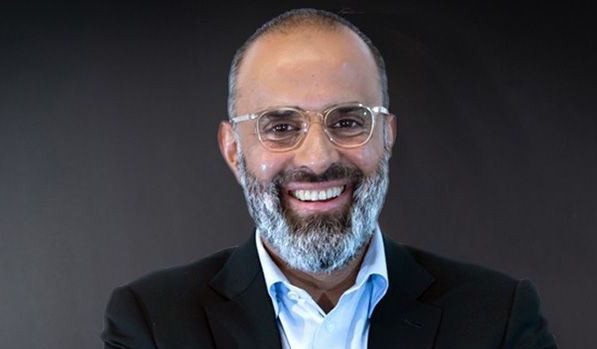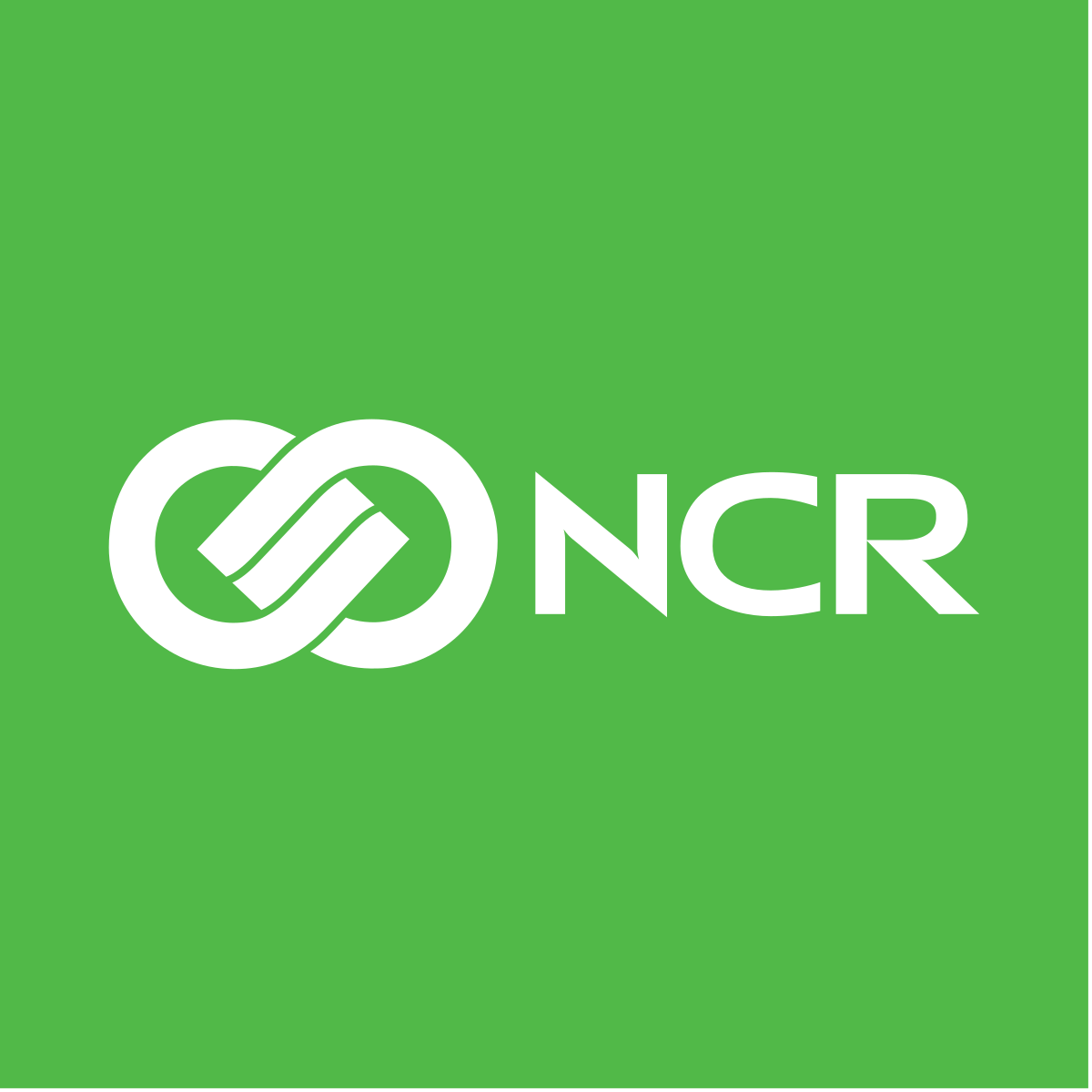To reinvent yourself, you must destroy part of yourself. The only way you can do this is by embracing change and creating a culture where innovation can be nurtured and acted on. Ismail Amla, the Executive Vice-President of Professional Services of NCR on how this 130-year-old company retained its staying power and harnessed the ability to stay relevant.
NCR started with a cash register but has expanded far beyond that in the years since. So how is Ismail helping to bring NCR’s 130-year legacy into the modern world and helping NCR’s consumers along the way? How has the company continued to stay at the cutting edge all these years? Find out on Business X factors.
Main takeaways:
- Big But Still Bold: Large organizations or companies are often painted as dinosaurs and the overriding narrative is that only scrappy startups are nimble enough to harness innovation for growth. This is rejected by Ismail Amla and Vivek Wadwha in their book, From Incremental to Exponential: How Large Companies Can See the Future and Rethink Innovation. They argue that big companies have boatloads of customer data, decades of brand equity, robust distributional channels, and enormous financial assets that make it possible to remake their businesses. But doing so requires courage and fortitude.
- Sponsor Change: Executives at the top need to be the ones who embrace and create an environment that yields innovation and change. Make it normal practice that different departments interact with each other, even if only informally. The more you can get people to come together, the more that you will find ideas can flow naturally, and executives have to lead the charge in making that happen.
- The Need for Speed: In the past two years, decision-making, productivity, and the scale and scope of innovation has accelerated, and according to McKinsey, there is no turning back. Technology and people interacting in new ways is at the heart of the new operating model for businesses and as a result, post-pandemic organizations should be reinvented for speed. This can be done by rethinking ways of working, flattening the structure, unleashing nimble teams, providing options, and targeting top talent.
Key Quotes:
“The pace of change of these new technologies is something I think organizations really struggle to get to. The organizations that are successful to reinvent themselves generally have to destroy a little bit of themselves. And do you have the leadership and the courage to be able to do that?”
“Big organizations have clients, they have channels, they have brands, they have ecosystems. There’s a lot of power of incumbency that if two organizations were starting at the same time, the big organization, in my view, would have an advantage. But what bigger organizations also have are bad culture, cultures that are too slow, skills that are not relevant, resistance to change, passive or active. And I think, for a big organization, you’ve got to think about what is it that you want to do. What sort of culture do you want to create? And therefore, how are you going to incentivize this innovative behavior?”
“You need executives who sponsor change in organizations. If you think about collaboration and you think about the Apple headquarters, which is the donut, the donut is so that you are forced to walk across from people you don’t know, who don’t work in your departments. So, you need to design disruptive organizations for collaboration.”
Bio:
Ismail serves as the Executive Vice President responsible for the strategic direction and execution of NCR’s Global Professional Services business. His team is made up of a global network of NCR technologists who deliver technology strategy consulting for the banking, retail and hospitality sectors and technology implementation services covering platform integration, data analytics, AI, cloud, security and customer experience.
Prior to his role at NCR, Ismail served as Chief Growth Officer for Capita, headquartered out of the UK.
Ismail has also served as Managing Partner for IBM’s Global Business Services in North America, CEO for Capco North America and a senior Partner for Accenture, where he was a member of the Accenture UK leadership team.
Ismail is a non-executive board member for Network Rail and UK Sports and has co-authored a book, “From Incremental to Exponential: How Large Companies Can See the Future and Rethink Innovation.”
—
Business X factors is produced by Mission.org and brought to you by Hyland.
For over a decade, Hyland has been named a Leader in the Gartner Magic Quadrant for Content Services Platforms, leading the way to help people get the information they need when and where they need it. More than half of 2019 Fortune 100 companies rely on Hyland to help them create more meaningful connections with the people they serve. When your focus is on the people you serve, Hyland stands behind you. Hyland is your X factor for better performance. Go to Hyland.com/insights to learn more.




